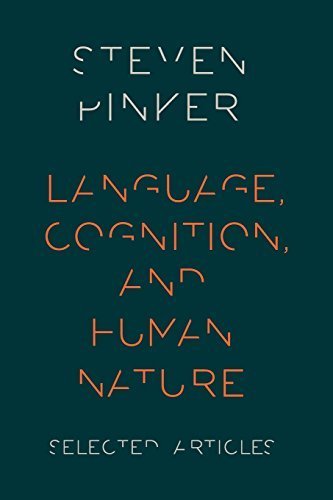What do you think?
Rate this book


Hardcover
First published January 1, 2013
…once when he was taken out, his hostess accidentally spilled hot tea on him. The little lad first bawled his head off, but when he had calmed he said in answer to his hostess' concern, ‘Thank you Madam, the agony is sensibly abated.’
The demand for clarity [in works aimed at the general public] can expose bad ideas that are obscured by murky academese, and the demand for concrete detail in recounting experiments ("Ernie and Bert puppets" not "stimuli") can uncover flaws in design that would otherwise be overlooked.